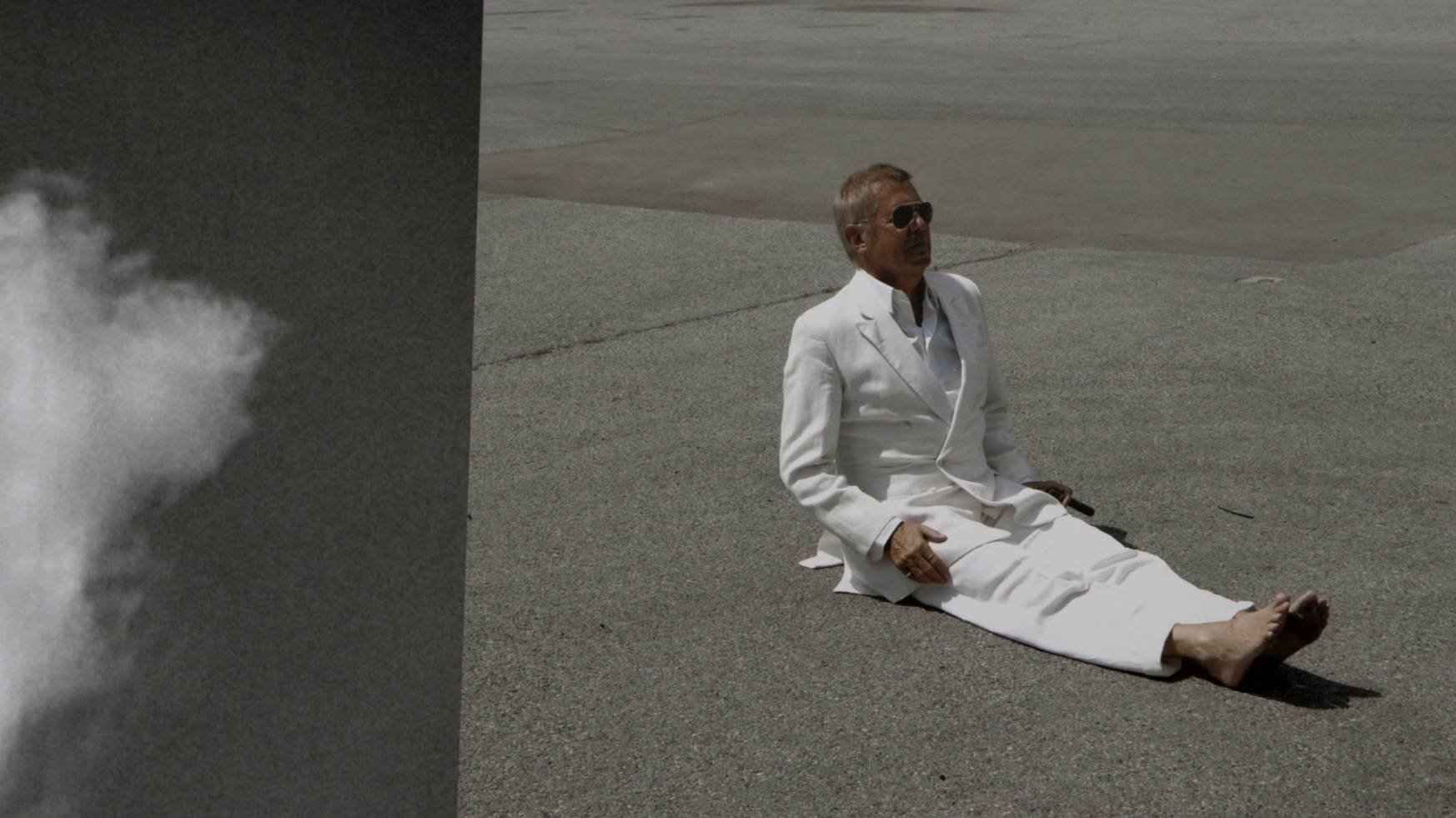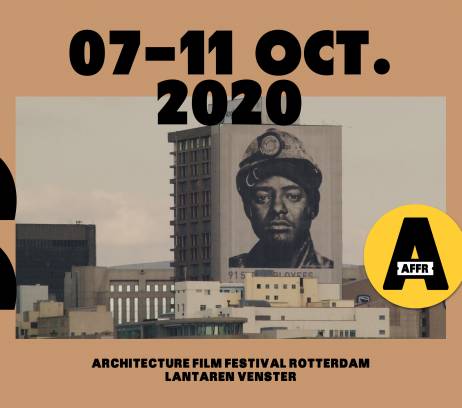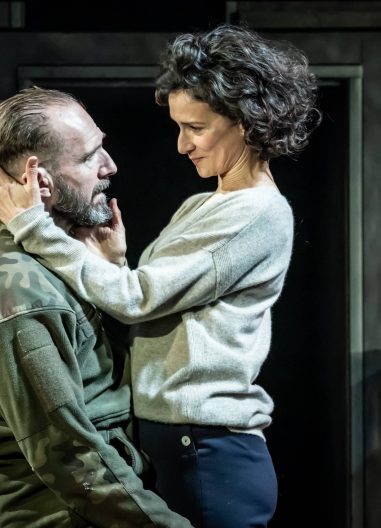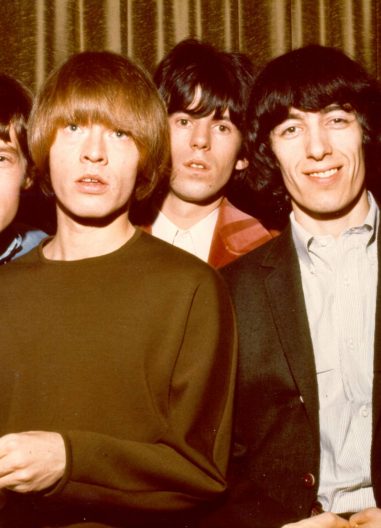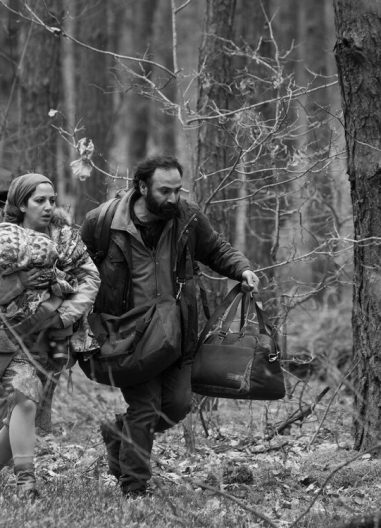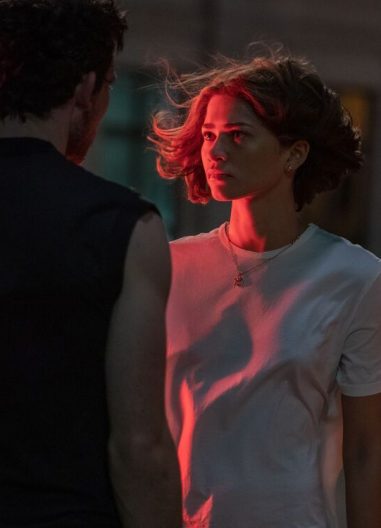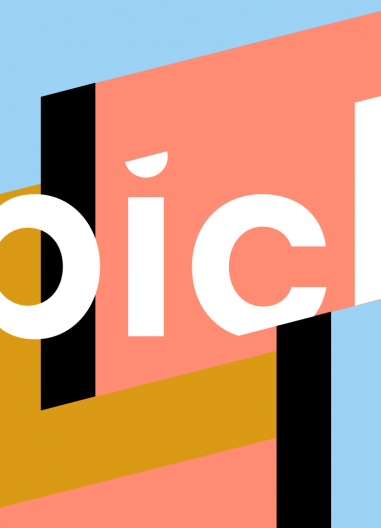Architecture must Blaze
Matthias Fricks Architecture Must Blaze laat zien hoe eigenzinnige denkers belangrijke vernieuwing kunnen creëren in de architectuur. De titel verwijst naar het manifest waarmee architect Wolf D. Prix in 1968 als revolutionair en activist de architectuurwereld op zijn kop zette. Geïnspireerd door de ‘happenings’ in de zestiger jaren begon hij met Helmut Swiczinsky het bureau Coop Himmelb(l)au, dat een storm veroorzaakte met gebouwen die eruit zagen alsof ze explodeerden. Ze werden het boegbeeld van het deconstructivisme met projecten als de Martin Luther Kerk in Hainsburg en het Groninger Museum. Op openhartige wijze vertelt Wolf D. Prix over hun revolutionaire werk in de jaren zeventig en waarom hij uiteindelijk het controversiële besluit nam om te gaan werken voor het grote geld.
Matthias Frick’s Architecture Must Blaze shows how original thinkers can achieve significant renewal in architecture. The title refers to the manifesto by architect, revolutionary and activist Wolf D. Prix, which turned the architecture world upside down in 1968. Inspired by the ‘happenings’ of the 1960s, he and Helmut Swiczinsky founded the office Coop Himmelb(l)au, causing a storm with buildings that looked like they had exploded. They became the standard bearers of deconstructivism with projects such as the Martin Luther Church in Hainsburg and the Groninger Museum. Wolf D. Prix talks candidly about their revolutionary work of the 1970s and why he eventually took the controversial decision to work for “big money”.
Kies tijdstip
- filmspecial
Matthias Fricks Architecture Must Blaze laat zien hoe eigenzinnige denkers belangrijke vernieuwing kunnen creëren in de architectuur. De titel verwijst naar het manifest waarmee architect Wolf D. Prix in 1968 als revolutionair en activist de architectuurwereld op zijn kop zette. Geïnspireerd door de ‘happenings’ in de zestiger jaren begon hij met Helmut Swiczinsky het bureau Coop Himmelb(l)au, dat een storm veroorzaakte met gebouwen die eruit zagen alsof ze explodeerden. Ze werden het boegbeeld van het deconstructivisme met projecten als de Martin Luther Kerk in Hainsburg en het Groninger Museum. Op openhartige wijze vertelt Wolf D. Prix over hun revolutionaire werk in de jaren zeventig en waarom hij uiteindelijk het controversiële besluit nam om te gaan werken voor het grote geld.
Matthias Frick’s Architecture Must Blaze shows how original thinkers can achieve significant renewal in architecture. The title refers to the manifesto by architect, revolutionary and activist Wolf D. Prix, which turned the architecture world upside down in 1968. Inspired by the ‘happenings’ of the 1960s, he and Helmut Swiczinsky founded the office Coop Himmelb(l)au, causing a storm with buildings that looked like they had exploded. They became the standard bearers of deconstructivism with projects such as the Martin Luther Church in Hainsburg and the Groninger Museum. Wolf D. Prix talks candidly about their revolutionary work of the 1970s and why he eventually took the controversial decision to work for “big money”.
Een kaartje reserveren is niet mogelijk.
De Rotterdampas en LantarenVenster-strippenkaart zijn niet geldig tijdens het festival
Kaartsoorten
Vanwege de coronamaatregelen, zijn er twee soorten tickets beschikbaar:
Kom je alleen naar de film of met iemand uit een ander huishouden? Kies voor een AFFR 1 SEAT-ticket.
Kom je met je partner of huisgenoot? Kies voor een AFFR 2 SEATS-ticket (dit zijn twee stoelen naast elkaar); je betaalt direct voor twee tickets.
Korting
Je krijgt korting op je kaartje met Club Fountainhead / CJP / Studentenpas / Cineville*.
Persoonlijke kortingspassen moeten getoond kunnen worden bij de filmzaal.
*Cineville
Met je Cinevillepas krijg je korting op een kaartje. Cineville vrijkaarten zijn niet mogelijk.
In English
Due to social distancing recommendations, please choose your ticket as follows:
Are you alone or with other individuals, please choose AFFR 1 SEAT (for 1.5 m distance between each person)
Are you together with partner or housemates, please choose AFFR 2 SEATS (for two persons next to each other)
Reduced tickets only with Club Fountainhead, Cineville, Student Card or CJP;
please note that you must show your personal pass at the entrance to the cinema.

